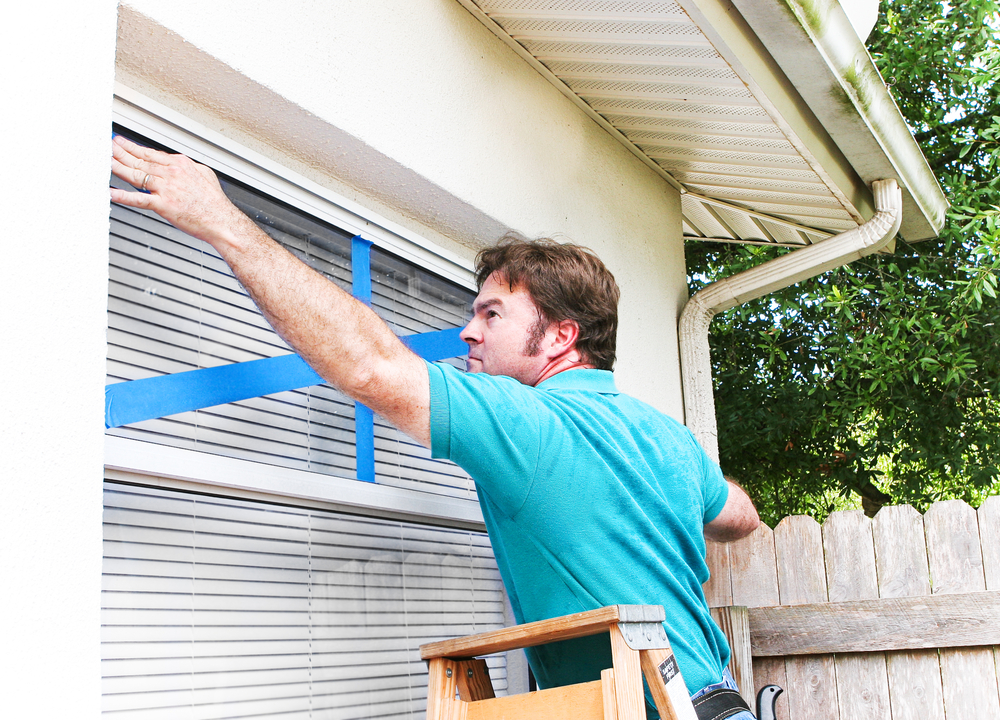Climate change projections used to predict 50-100 years into the future but those predictions are being revised as storm and fire seasons become more ferocious every year. Sea levels are rising, storms, wildfires and droughts are intensifying, and all these changes seem to be fueled by warmer ocean temperatures and a warmer atmosphere. What can you do to prepare your home for these ever-changing weather events?
“There’s a perception that your house will only flood if you live on the coast or right next to a big river. But some of the most destructive flooding events have occurred from heavy rainfall, which can happen anywhere,” Glenn McGillivray, managing director of the Institute for Catastrophic Loss Reduction in Toronto, says. “Pretty much everybody is at risk of overland flooding, but most people have no clue what their level of risk really is.”
Homes at risk to floods has always been mapped by FEMA, but a 2018 study in Environmental Research Letters found FEMA’s maps to be seriously outdated for more than 28 million Americans. The maps don’t account for sea level rise, more intense hurricanes or increased rainfall.
The best defense against flooding is to purchase supplemental flood insurance, even if you live outside of “traditional” flood plains. Most homeowner policies will not cover damages that result due to flooding.
Other options include installing sump pumps in basements or other lower areas of the home. Lower-cost options include sandbags and water barrier socks, or placing watertight barriers across ground floor doors and windows.
If you are going to depend on pumps the require electricity, you could have a backup generator installed to cover you during power outages. Some homeowners opt to spend serious money by raising the entire foundation of the home up onto pilings or raising the home on jacks and building an extra tall foundation before setting it back down.
Water Mold Fire Restoration of Sacramento, (916) 905-5393, can provide an immediate response for emergency situations involving water and flooding cleanup. Contact us 24/7 and talk to a live person who can answer any questions you may have.








